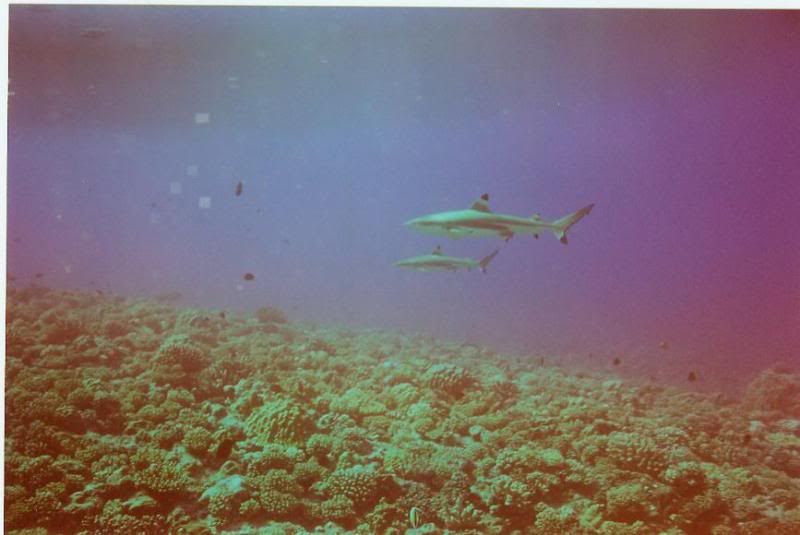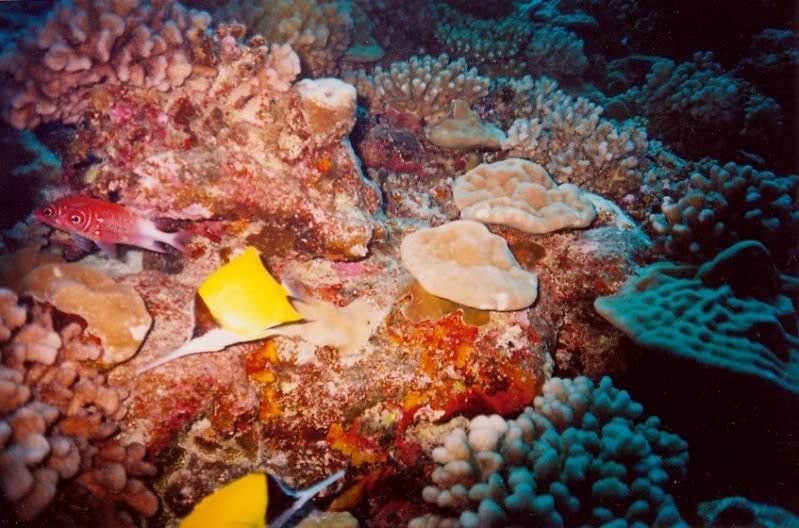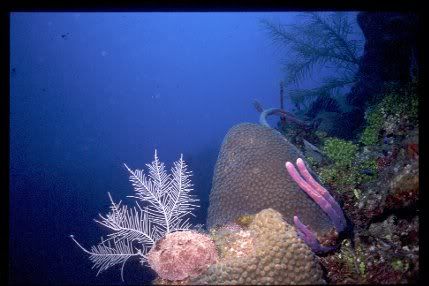like a couple of others here i have mixed feelings.....
of the first fish i bought for my aquarium were a ocellaris clown pair, which i found out later had been wild caught. the female developed a stress induced infection not long after being add to the tank, and at first wouldn't eat. the male has only literally two days ago come down from almost constantly being back-up in the corner of the tank for the past 5-6 months and started hosting in the catalaphyllia i provide for them. the female is still not comfortable to come down from the corner
that isn't an argument one way or the other, just a real life scenario i've experienced that's part of my inspiration for this topic
with regards to fish, the way i see it, if we can provide everything they need to be happy and healthy, and aren't depriving them of anything they would be exposed to in their natural habitat (other than predators!), i don't see anything wrong with it
are we providing that? i think some people probably are, and some probably aren't, but i think that's just part of the overall learning process
keeping an oceanic shark or whale in a small captive enclosure for hobby purposes on the other hand for example, i would see as wrong, based on the premise that those animals are long range swimmers, and unless you are able to provide them with a vast expanse of ocean (be it real or simulated) which accurately reflects the environment from which they came, it's going to feel that to the detriment of it's time alive. for research purposes which are going to expose them to conditions which they would otherwise not experience outside of our influence, i think the potential benefits to the ecosystem as a whole are cause to allow it
i personally don't see why captive propagated coral should be considered more sustainable than that harvested from the wild. i think providing it's done in a considered manner with every effort made to understand the impact it has and it's long term implications there shouldn't be any reason to prohibit it
with regards to both i think the chemistry we play in trying to maintain our aquariums and reflect the conditions in nature may have long term genetic implications on captive organisms - this such reason is why returning captive marine organisms to the wild once they have been harvested from nature is strongly prohibited here in australia
any sort of human contact is going to influence an animals condition. just exposing fish to daily feeding routines, irregular water parameter fluctuations, and even just general interaction will have an influence on what they are
but is this a bad thing?
a lot of people are of the opinion that any sort of human activity is a bad thing, and separate us as a destroyer of nature, but we are every bit a part of nature as everything else. our cities are equally natural to a termite mound, bee hive, or any other shelter produced by an organism.....our technology is no different to any other animal using their surroundings to their advantage. sure we're having an impact, but so can any other animal, a beaver can decimate an eco system, even some corals produce toxic wastes.....providing a sustainable balance is struck everything works
various different animals interact in nature, are currently forging new interactions, and will forge new interactions in future that reshape our constantly changing eco system, so i don't necessarily think that human interference (if you want to call it that) in nature is bad
our artificial reefs are a hit with the ocean crew for example...both native and scuba






